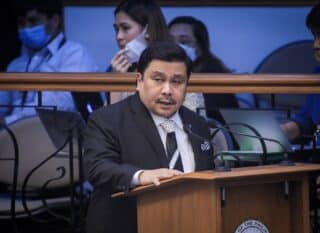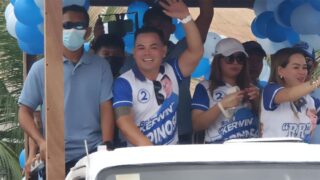At the end of June 2016, the presidency changes hands. The new president, seemingly committed to installing a federal form of government for the Philippines and swept into power by Filipinos wanting change to come as quickly as possible, appears intent on delivering swiftly on his campaign promises, hoping to minimize the role of “Imperial Manila.” If he succeeds in curbing criminality and corruption and solving our traffic woes within a few weeks or months after assuming office, he can likely have the Constitution rewritten any way he wants and get it passed.
As such, while the Duterte cleanup is in progress—and before a constitutional convention is called, it may do us all a lot of good to review what the Philippines and the Filipinos are in this age.
Our country is no longer the sparsely-populated, minimally-educated mass of diverse “indios” acquiescent to subjugation and colonization. The Philippines is currently the 11th most populous nation on Earth and the leading exponent of call centers and business process outsourcing. Besides, more than a tenth of its population are abroad, spread across various countries around the globe, working to provide for their families left at home. Our archipelago remains at the top of the planet’s biodiversity and its natural resources equal or exceeding those of most nations (the reason we were the target of colonizers, in the first place).
But Filipinos are also at the bottom of the Human Development Index listing, according to a research conducted by the United Nations. This seems to be a far cry from the 1950s, when the Philippines was hailed for being Asia’s first democracy, only Christian country, and the best educated people in Asia, largely because Filipinos were the best English speakers outside the English-speaking world at the time.
We Filipinos, numbering over 100 million today, have a responsibility to care for our archipelago and use its resources not just for ourselves but for as many as we can serve throughout our planet. It is no accident that the Creator gave our land and its surrounding waters so much wealth. It is likely also why the Filipino diaspora, personified by overseas Filipino workers, is there—and Filipinos now have a network to use to fulfill that responsibility.
Perhaps, whoever President Duterte would want to craft a new Constitution and to develop a strong economy in the immediate future, can do some reflection on these ideas. It will be a mistake to just allow our nation to be carried by “currents” without knowing what the journey’s end will be. Let’s at least be sure that our destinations and motivations are clear.
—JOSE Z. OSIAS, convenor, BalikProbinsiya, jzosias@gmail.com



